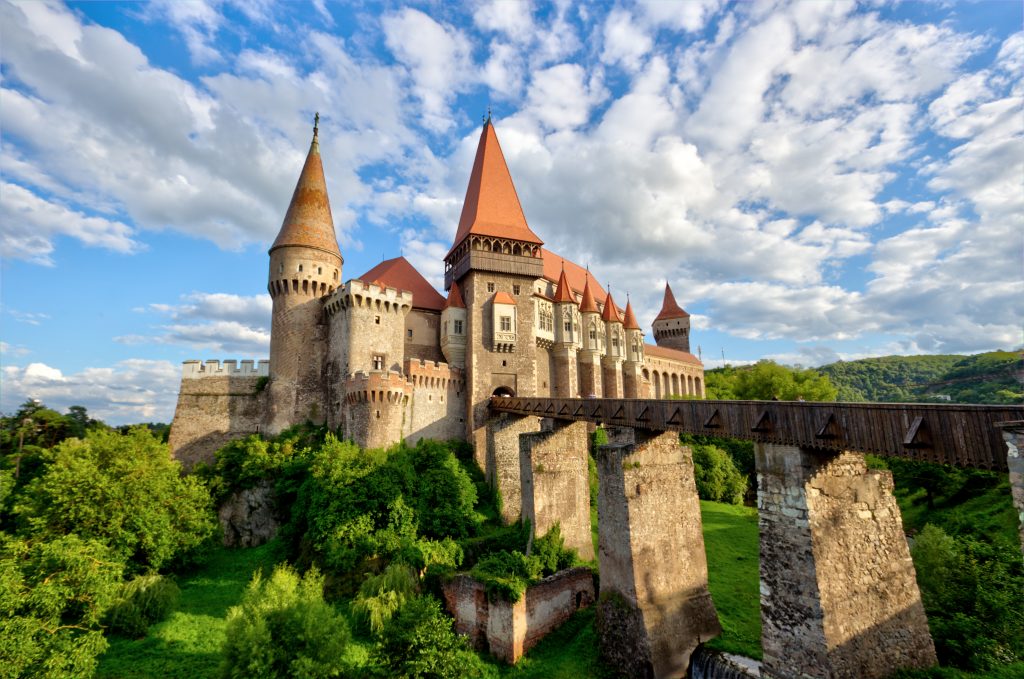Four Political Risks Facing Central & Eastern Europe in 2022

Key Political Developments to Watch & Implications for International Investors For Central & Eastern Europe, 2021 was a year of political instability and this year is expected to bring similarly pressing challenges. The majority of the region is now governed by experimental and/or ideologically diverse coalitions, with many facing major question marks over their potential […]
Five-Party Government Takes Office in The Czech Republic

Following the surprise victory of the three-party SPOLU alliance during October’s parliamentary elections and their coalition deal with the Pirates and Mayors alliance, the Czech Republic finally has a new government, led by centre-right Prime Minister Petr Fiala and supported by five, ideologically diverse parties in the lower house. Kesarev takes a deeper look at […]
Kyrgyzstan Parliamentary Elections

Political situation in Kyrgyzstan stabilizes after the elections to its Parliament (Jogorku Kenesh), but relations with foreign investors become more complicated. On 28 November, for the first time since the approval of its new constitution in May 2021, (which modified the country’s form of government from a parliamentary-presidential to a fully-presidential system) Kyrgyzstan held elections […]
Four-Party Coalition Forms Bulgaria’s New Government

What Can International Investors Expect from the Government of Kiril Petkov? After more than seven months of political uncertainty and three parliamentary elections in less than a year, Bulgaria finally has a new government. After both April’s original parliamentary elections and a snap parliamentary vote in July failed to produce a governing majority, the third […]
EU Recovery Funding in CEE: an Historic Response to an Unprecedented Challenge

Opportunities & risks for international investors as CEE markets look to recover from the COVID-19 crisis The European Union has started rolling out its major economic stimulus package as it looks to drive the post-pandemic recovery of its member states across the next decade. The Next Generation EU (NGEU) facility will provide €750 billion to […]
A Tax Revolution in Poland?

The New Economic Deal Policy of the Morawiecki Government and its Implications for Investors Poland’s ruling United Right coalition is hoping 2022 will be a year of economic transformation for the country, stimulated by the politically controversial Polish Deal, the Government’s landmark package of sweeping economic, tax and social policy reforms. The reforms outline significant […]
Surprise Grand Coalition Forms Romania’s Next Government

Analysis & implications of Romania’s coalition crisis & the Government of Nicolae Ciucă Following months of uncertainty and two failed attempts to form a new government after the country’s three-party government collapsed in a no-confidence vote in October, Romania’s political crisis has come to an unlikely end, at least for the time being. The ruling […]
New Anti-Corruption Party Wins Re-Run Elections in Bulgaria

Bulgaria’s third general election of 2021 has been won by the newly formed We Continue the Change (PP) party, a new centrist and anti-corruption party led by former ministers Kirill Petkov and Assen Vassilev. PP’s surprising victory (securing nearly 26% of the vote) is the latest twist in a period of political instability that has […]
Uzbekistan: Opportunities and Risks for Foreign Investors following the Presidential Elections

On 24 October, Uzbekistan held Presidential elections won by the incumbent Shavkat Mirziyoyev with 80.12% of the vote. The closest competitor gained less than 7% of the vote. Mirziyoyev was inaugurated on 6 November. Shavkat Mirziyoyev’s victory was predictable and there was little suspense in the campaign itself, which began only a month before election […]
Five-Party Coalition to Form New Czech Government

The Czech Republic is on course to be governed by a coalition of two electoral alliances: the SPOLU coalition of three centre-right parties and the Pirates and Mayors alliance, with SPOLU leader Petr Fiala, a political scientist and university professor, expected to become Prime Minister. However, the governing majority to be formed by the two […]







